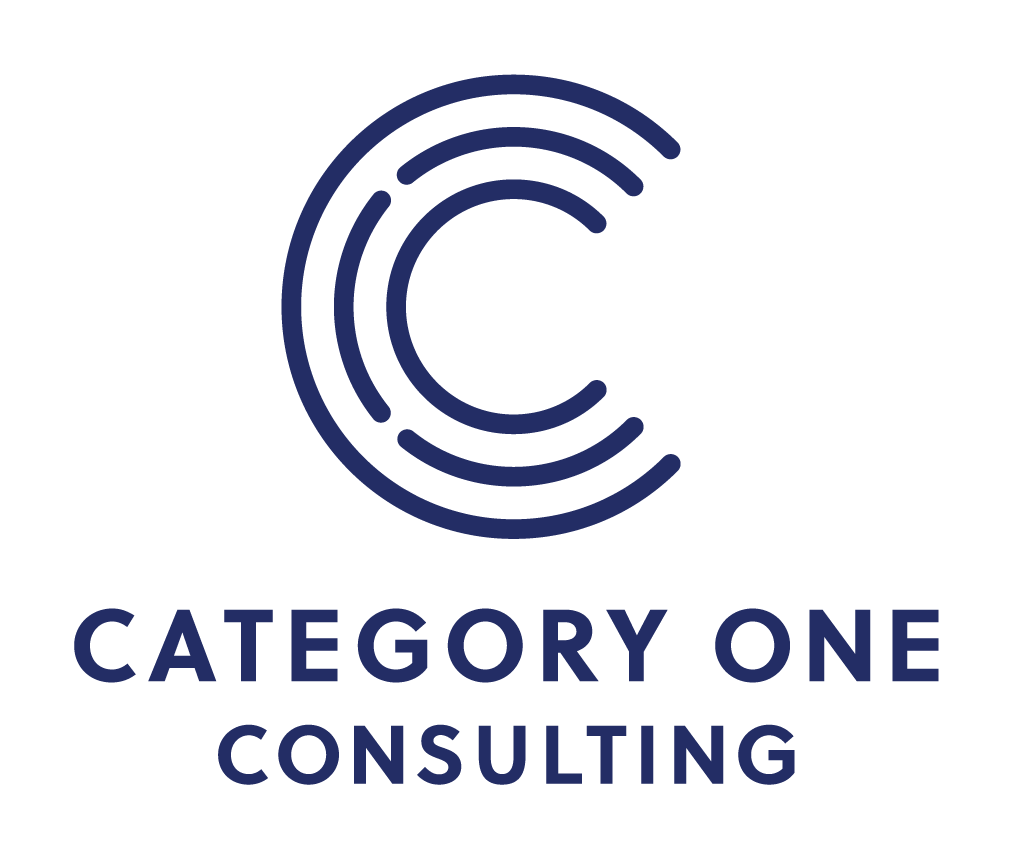Conducting Equitable Program Evaluations
Program evaluation is an important process for assessing the implementation and impact of programs and initiatives. It is critical to conduct program evaluations with equity in mind to ensure they do not perpetuate systemic biases and disparities. Equitable program evaluation involves recognizing and addressing inequalities, promoting inclusivity, and adopting methodologies that account for the diverse contexts in which programs operate. Equitable evaluations do more than just tell us about the effectiveness of an initiative. They also illuminate paths towards justice, inclusivity, and positive social change. There are many ways to incorporate equity into evaluation and research processes. Below are just a few tips for conducting equitable program evaluations and research.
Equitable evaluations do more than just tell us about the effectiveness of an initiative. They also illuminate paths towards justice, inclusivity, and positive social change.
1. Engaging Stakeholders. One of the best ways to promote equity is to involve a diverse group of stakeholders in the evaluation process. Stakeholders should include program participants, staff, and other impacted community members, especially those from historically marginalized or underrepresented populations. Program participants and other stakeholders obviously play a critical role in providing insights that inform evaluation results. However, they should also be involved in the design of the evaluation whenever possible because it is likely to result in the development of more culturally relevant research methodologies. This participatory approach to evaluation provides the people who are most impacted by a program with a sense of ownership and helps empower those who have historically been excluded from decision-making processes.
2. Addressing Power Dynamics. It is critical to acknowledge and address power dynamics within the evaluation process. This involves being mindful of the influence that evaluators may have over the entity that is being evaluated and participants. It also involves the consideration of power imbalances among stakeholders. Establishing clear communication channels, utilizing participatory decision-making processes, and fostering collaboration are all helpful strategies when it comes to addressing power differences among participants.
3. Employing Mixed-Methods Approaches. When designing an evaluation or research study it is critical to employ a mixed-methods approach that utilizes a combination of quantitative (e.g., time, costs, ratings) and qualitative (e.g., interviews, focus groups) data. Quantitative data is great for offering statistical insights, but qualitative data is often much better at capturing the lived experiences and diverse perspectives of individuals. The utilization of a mixed-methods approach results in findings that are built upon multiple data sources and ensures a more comprehensive and equitable assessment of the program or initiative.
4. Investigating Group Differences. When developing an analysis plan, it is important to include steps for investigating group differences based on various participant characteristics. This helps ensure that the evaluation considers the unique experiences of individuals with multiple marginalized identities. Tracking and analyzing data based on various demographic factors also allows the evaluator to identify and highlight perspectives and disparities that might otherwise be masked when analyzing aggregated data. Perhaps most importantly, this approach to data analysis allows the evaluator to formulate recommendations that lead to more equitable program outcomes in the future.
These are just a few of the many ways to ensure that program evaluations and research studies are conducted in an equitable manner. At C1C, we are fully committed to being equity-centered in our work, and we take great care to incorporate equitable principles and practices into the way we approach all projects. We also continually invest in training to ensure our staff are culturally responsive and well-versed in research practices that promote equity and inclusivity. If you have any questions or are interested in conducting an equitable evaluation, please feel free to reach out!

